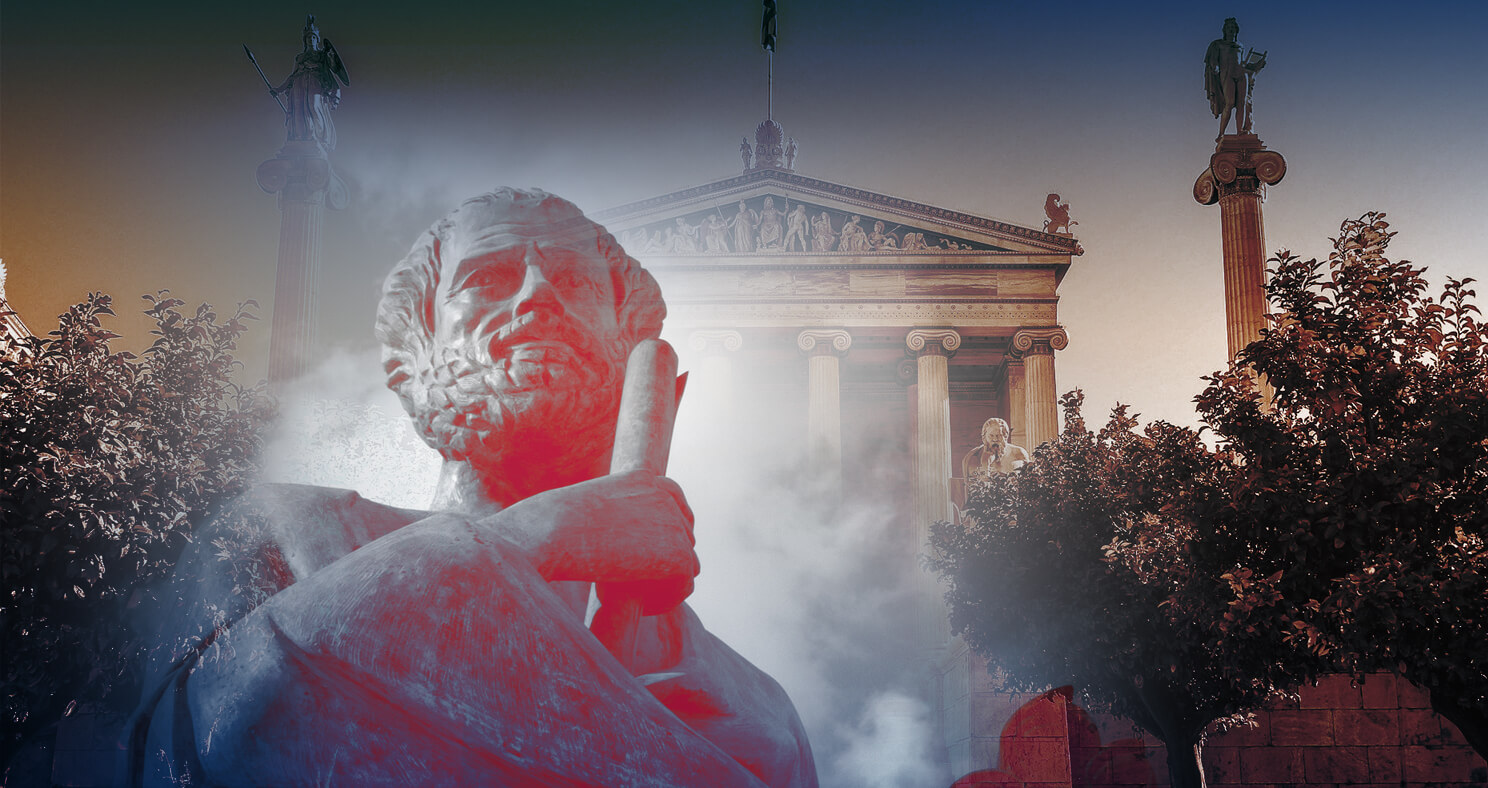THIS COURSE WAS ORIGINALLY SCHEDULED IN THE SPRING BUT WAS POSTPONED TO SUMMER 2021
In 399 BCE Socrates was tried in Athens, the first trial in Western history to indict, convict, and condemn to death someone for impiety. In Plato’s Apology Socrates says that the indictment was based on two charges: first, that he was worshipping new gods (daimonia in Greek), and second, that he was corrupting the young. As Socrates defends himself, he explains that he has a daimonion that seems to be something like his personal god, a being that would not instruct him to follow any particular course of action but would intervene to inform Socrates when Socrates was pursuing some action in some way immoral. This seminar traces the development of religious thought in ancient Greece from the anthropomorphism of the Homeric gods to the inner voice, the personal daimon that acts as Socrates’s moral guide. Our readings will include selections from the Iliad and Odyssey, Hesiod’s Theogony, and several of Plato’s dialogues.
NEW HYBRID COURSE FORMAT – STUDENTS MAY SELECT IN PERSON OR ONLINE ATTENDANCE
- All classes will be delivered both in person and online via live video streaming. Online access will be password protected and only available to enrolled students.
- This class will observe all University of Arizona policies designed to mitigate the risk of COVID-19. This means that in person students attending class in the Rubel Room will be required to wear masks at all times while inside the classroom.
- All class sessions will be recorded and made available to enrolled students for a limited time to assist those who may not be able to attend the live class times.
- Enrolled students may withdraw from a course and receive a tuition refund if the request is received before the second class session.
REGISTRATION NOW OPEN. CLICK HERE TO REGISTER.





